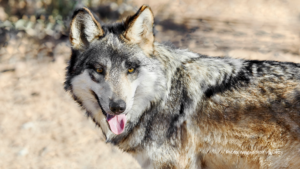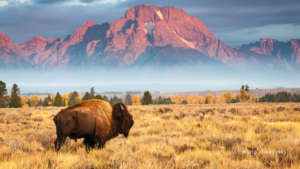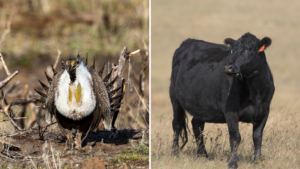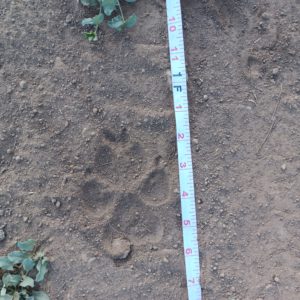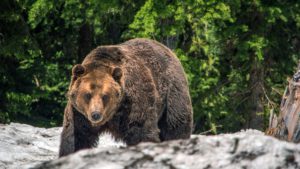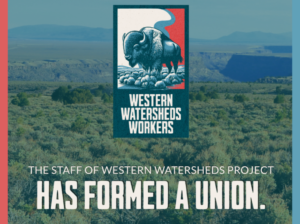For Immediate Release, August 23, 2023
Contact:
Megan Backsen, Western Watersheds Project, (719) 207-2493, megan@westernwatersheds.org
Scott Lake, Center for Biological Diversity, (802) 299-7495, slake@biologicaldiversity.org
LAS VEGAS, Nev.— Conservation groups, joined by Tribal leaders, filed a motion for a preliminary injunction today to block a Bureau of Land Management deforestation project on public lands near Nevada’s Great Basin National Park.
The clearcutting is planned for Spring Valley, one of the most scenic and culturally significant landscapes in the Great Basin. It would destroy more than 380,000 acres of pinyon-juniper forest.
“We’re fighting to save Nevada’s vulnerable pinyon-juniper woodlands and wildlife from this reckless destruction,” said Scott Lake, Nevada staff attorney at the Center for Biological Diversity. “The Bureau’s scorched-earth plan is utterly shocking amid the climate and extinction emergencies. Hopefully the judge will stop the bulldozers before they decimate Spring Valley.”
The Bureau plans to use a process called “chaining,” where two bulldozers drag a massive chain to rip up the pinyon-juniper trees and any other plants in their path. The project also includes the widespread use of herbicides, which would decimate sagebrush habitat.
In March the Center for Biological Diversity and Western Watersheds Project sued over the project’s approval. Today’s motion asks a federal judge to block the first phase of the project, in which bulldozers would rip out up to 2,000 acres of pristine habitat.
“This project seeks to utterly destroy vital habitat for several imperiled species, including sage grouse and pinyon jays,” said Megan Backsen, attorney for Western Watersheds Project. “BLM fully disregards the havoc this destruction will cause for the wildlife that require these areas to survive. In fact, the Bureau fails to consider these species’ needs in any meaningful way at all.”
Native Americans have used pinyon pine and juniper trees for food, medicine and ceremonial purposes since time immemorial. Pinyon pine nuts are a traditional food source for area Tribes and a focal point of traditional ways of life. Tribes and their members maintain ties to historic pine-nut gathering locations and hold ceremonies coinciding with the annual pine nut harvest.
Spring Valley is an important cultural landscape for the Western Shoshone, both as a traditional location for gathering and ceremony, and as a site of repeated massacres by colonizers. Two Western Shoshone Tribal elders, Delaine and Rick Spilsbury, have joined today’s litigation.
“If it looks like deforestation and defoliation, it will eventually be called that,” said Rick Spilsbury. “And only then will this act be seen for what it is: ecocide for agriculture, a scorched earth attack on White Pine County to ultimately take its water, and the destruction of the natural world that supported my people for tens of thousands of years for a short-term gain.”
—
The Center for Biological Diversity is a national, nonprofit conservation organization with more than 1.7 million members and online activists dedicated to the protection of endangered species and wild places.
Western Watersheds Project is a nonprofit environmental conservation group dedicated to protecting and restoring native wildlife and watersheds throughout the American West.

